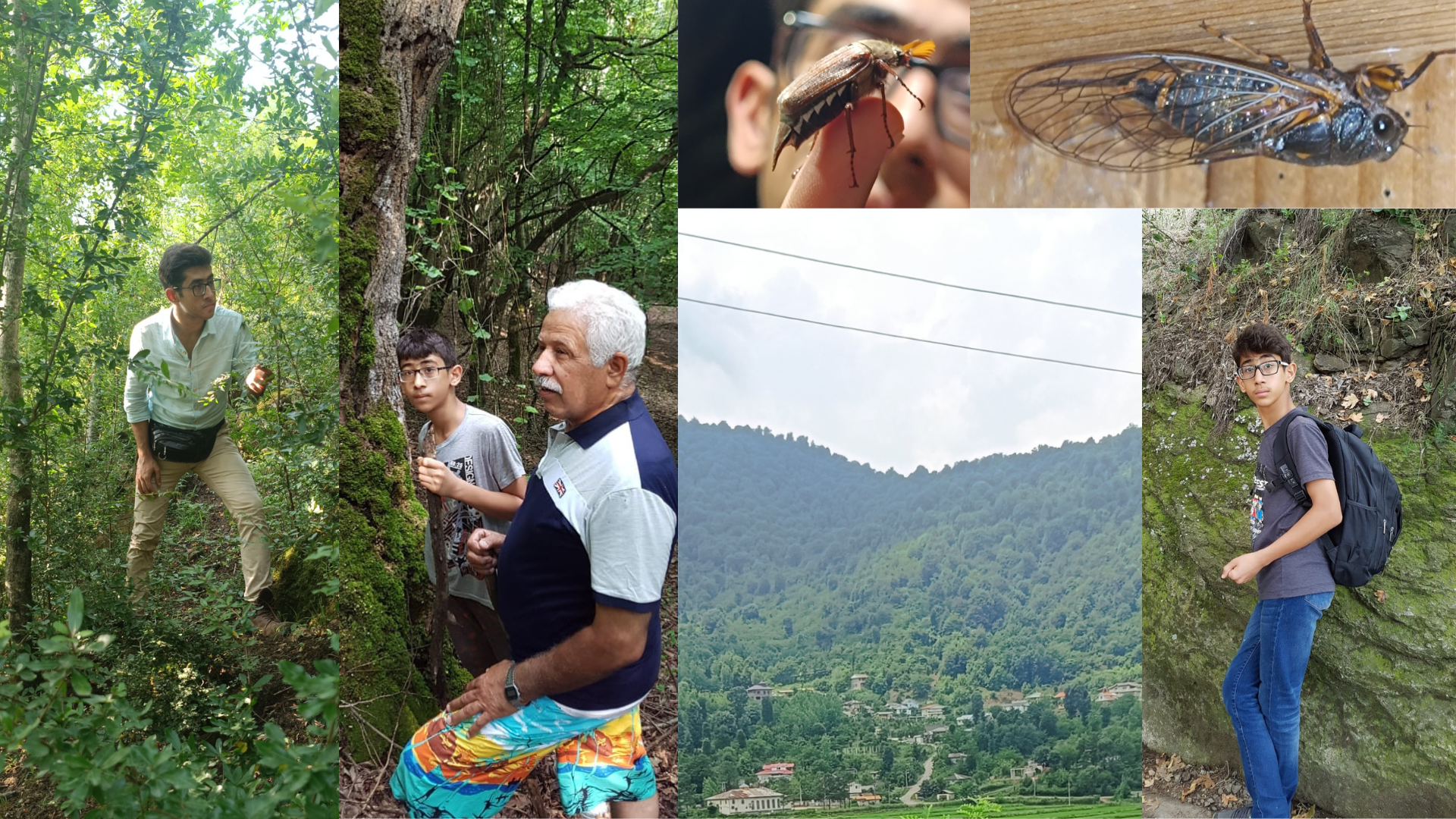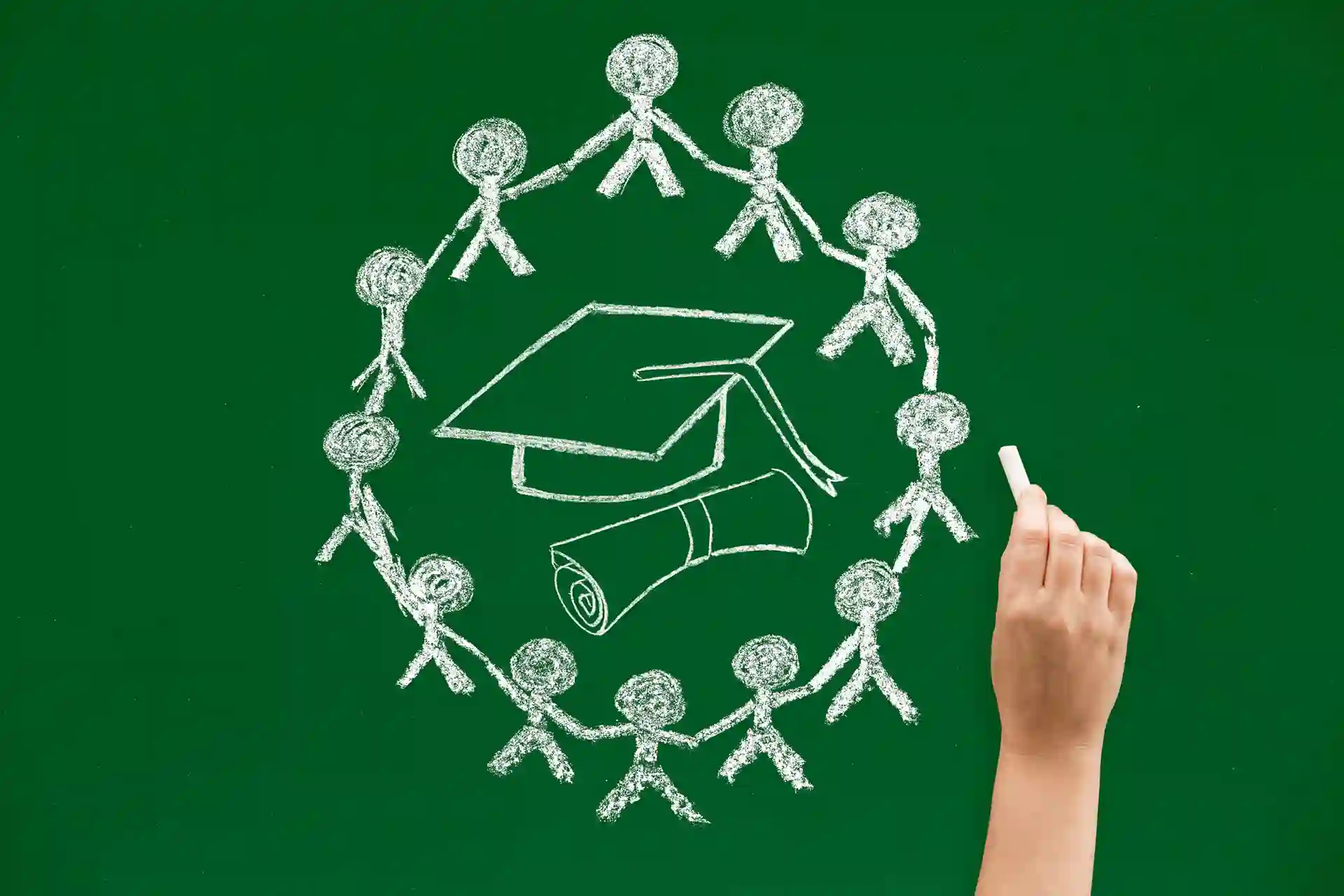What is our vision for education?
We need to be driven by a new vision of our education: a vision that carries us out of civilizational collapse and into a new form of human civilization capable of caring for our planet and ourselves. In Zachary Stein's words, "The core task of education today is to confront the almost unimaginable design challenge of building an educational system that provides for the re-creation of civilization during a world-system transition." We are in dire need of an evolutionary education, an education that would enable our conscious evolution for the awakening of our personal and social potentials. In Barbara Marx Hubbard's words, "Conscious evolution education is the process of discovering each child’s creative expression, cultivating it as the most precious resource on Earth, and connecting it with the people and tasks where it can best flower in an ever-evolving world."
Rather than an abstract vision of education, I find it helpful to imagine a young person's life in 2050 or 2080 to make this vision come to life. So I would like to take you on an imagination walk to the future, if you will...
.webp)
A Vision for Education - A Journey to 2080
There are many ways education in 2080 is fundamentally different from education in the 2020s because the goal of education is now different. Until about 2035, the logic behind most education systems was the reductive human capital theory, which meant that the main function of education systems was to supply the economy with the next generation of workers. In 2080, the purpose of education is the thriving and well-being of society and all its members (including our non-human relatives). To make this a bit more tangible for you, I would like to give an example of what a child’s education looks like in 2080. Her name is Shemsy, which means My Sun or Sunshine in Arabic. Shemsy is 13, and she is confident, luminous, and loves learning.
Shemsy does not go to school in the morning because schools as you know them no longer exist. The institution was dismantled as it was widely recognized as being oppressive and more like a prison or a factory than a creative learning environment. Schools have been replaced with “Learning Hubs” that are open to all and not restricted to certain ages. They are where intergenerational learning and transmission happens, in line with the belief that learning is a lifelong endeavor. These Learning Hubs are a mix between libraries, daycares, community centers, schools, and co-working spaces with lots of outside space embedded in nature and an essential part of community life. The Learning Hubs are relevant to the local cultures and environment; they are self-organizing and connected regionally and globally through technology that enables them to share their learning and have a common knowledge platform while keeping their independence and ability to adapt to their specific needs.
Every year, Shemsy designs her learning journey for the year with a highly attentive “teacher-citizen” (yes, although schools do not exist anymore, teachers definitely do and are highly valued by society). Shemsy is actively engaged in designing her education and has to propose projects she would like to be involved in to contribute to and serve her community. She also spends lots of time playing as the role of play in learning has finally been recognized as essential and core to our humanity. Shemsy works a lot collaboratively - she is not in competition with her fellow students because there is nothing to compete for. Access to education is universal, and higher education institutions no longer differentiate themselves by how many people they reject yearly. Variability between students is expected and leveraged as young people teach one another and use their differences as a source of strength.
Shemsy naturally explores what she is curious about at a pace she sets. She still has some classes to take that are mandatory for children globally: Planetary Stewardship, Being Human, and the History of Humanity. On the History of Humanity, an interesting point to note is that as a result of many dramatic events that forced us to reckon with the weight and consequences of our past, we decided to add 10,000 to our global calendar, which marks the rise of the first human civilization, our Year 0. This Human Era Calendar was first proposed by Italian-American scientist Cesare Emiliani in 1993. As a result, in 2080, we refer to our year as 12,080. This change fundamentally altered how it feels to think about history and heavily influenced how we act in relation to the future. We started recognizing the weight of our past and seeing that our history was a place where healing could come from, which completely changed how we think about ourselves.
I am not going to try to explain the level of technologies we have because I wouldn’t want to spoil you discovering that for yourself and because technologies are still just tools, and at the core, it means the same thing for us to be human; except perhaps that as a whole, we care a lot more about shaping who we want to become and what conditions we create for ourselves to become that.
Back here in 2023, how do we get to a vision of education that enables the transition of our civilization into a sustainable, harmonious society where people and the planet can thrive?

We invite you to think about your vision for education in the year 2080, what does it look like, who does it serve, and how does it transform our societies? Our individual and collective visions for a transformed education are all deeply connected and rooted in liberation, unleashed human potential, and belonging. Share your visions for education with YouthxYouth at community@youthxyouth.com Read Zineb Mouhyi’s full essay on ‘Why Young People Should Design the Future of Education in YouthxYouth’s Library of Resources
Written by: Zineb Mouhyi - She / Her
Co-Founder of YouthxYouth
Co-Founder of The Weaving Lab
.webp)





Comments